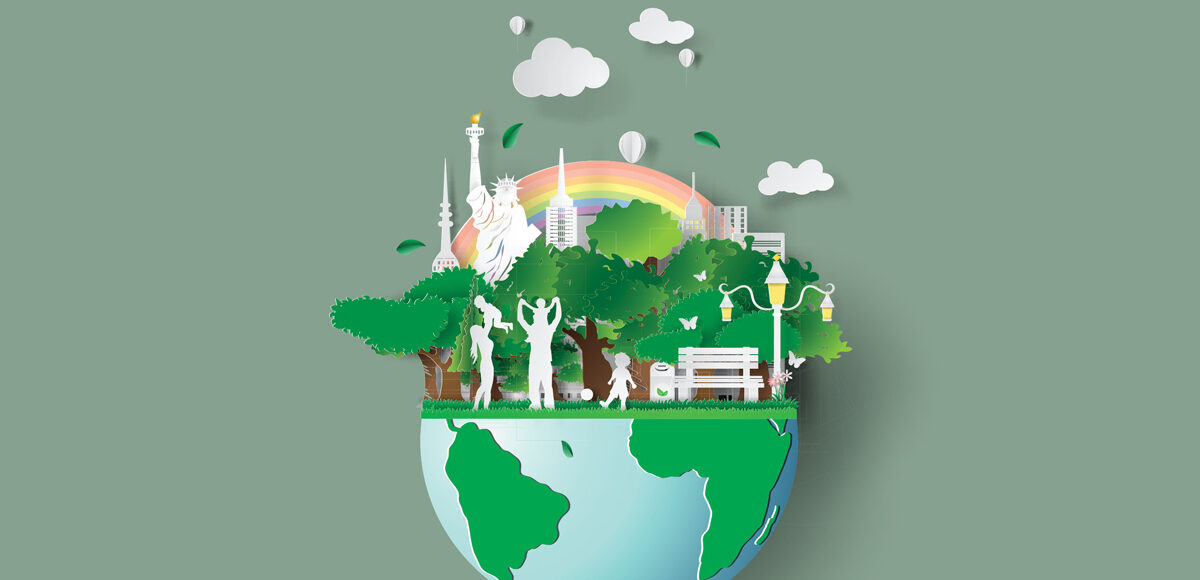Today, Thursday 22 April, is World Earth Day. And this year it has developed into a three-day event, which started with the Youth Climate Summit on Tuesday, Education International yesterday and then World Earth Day itself today.
The theme this year is ‘Restore our Earth’, which focuses on natural processes, emerging green technologies, and innovative thinking that can restore the world’s ecosystems. This means not just relying on adapting or mitigating against our actions but embracing all the ways we can think differently about what we do. Every day.
As a University, we are ideally placed to lead not only world-leading research into new green technologies, but also how we can lead by example through every-day activities. At the last All Staff Executive Briefing, we heard from Prof Mercedes Maroto-Valor about our Global Environment Sustainability plans and how these translate into our daily lives. It’s not about having ‘one big idea’ but combining all the ideas to create lasting change. We are in a strong position and need to evidence more leadership in this but key is focusing on things that really make a difference, that are ethical in a complex global world and go beyond.
World Earth Day not only links to our Sustainability Plans but also our Annual Planning process AP2.0 planning. Those closely involved in submitting AP2.0 plans will now be, at the very least, more familiar with the UN Global Sustainability Goals. For many, it may have been the first time you had encountered them. These are not just ‘nice to have’s’ but essential to the future of our planet – they are not just about ‘us’ but how we interact with the whole global system. And how we align our key priorities with those goals will be not only something we can track against, and our global research rankings, but a positive message for our entire One-Watt community.
It is timely that the latest Hutton Series event also took place this week, as we seek to gather those innovative ideas, and harness the thinking across out community – and beyond – to translate those ideas into realistic and achievable goals. We seek to identify what would be the 10 things, as a University, we could most effectively do to make real change happen.
We have a substantial and diverse portfolio of frontier work already underway across our University in the drive towards ‘Net Zero living’ including aquaculture, biodiversity, fishing, food and drink production, alternative and integrated energy systems, smart construction, and pollution-remediation methods. This Earth Day, we’re sharing inspiring stories from our very own One-Watt community who are tackling the climate crisis and helping to restore our planet. The student voice is also strong in all this, with groups of students crowdfunding to develop their own initiatives, such as supporting isolated communities in Sarawak with hydropower and preserving delicate animal species around Malaysia. And what better way to start than by introducing some of our students who are making active change, one global problem at a time.
As life around the world returns to its new level there will have to be significant change ahead.
Professor Richard A. Williams
Principal and Vice-Chancellor
